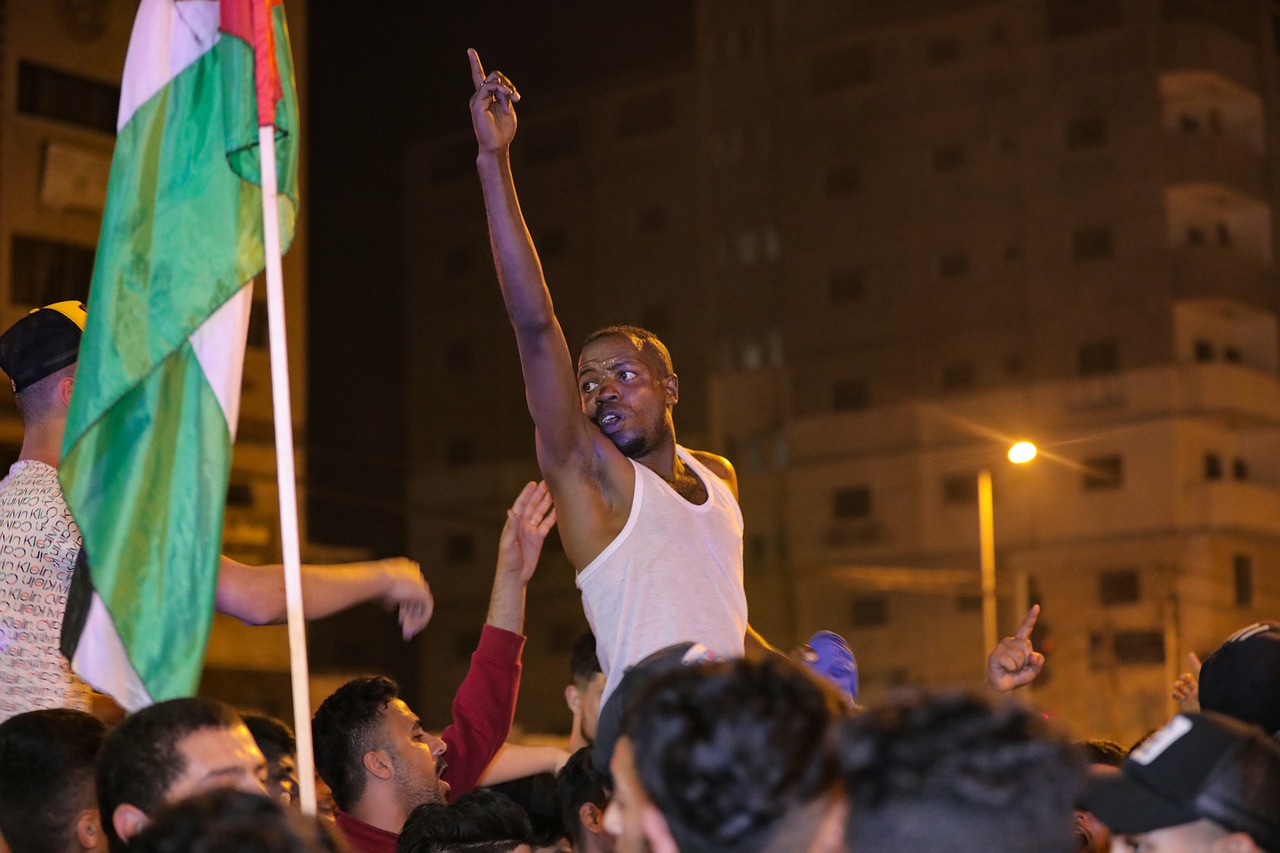GAZA (Washington Insider Magazine) -Palestinian groups in Gaza organized a mourning march in memory of three Palestinians executed by Israeli forces in the controlled West Bank city of Nablus, with demonstrators calling the killings “crimes” and criticizing the Palestinian Authority (PA) for collaborating with Israel on security.
Hundreds of people joined the protest in Gaza City’s central district on Wednesday, a day after Israeli commandos in a civilian vehicle opened fire on a car in Nablus’ al-Makhfieh neighborhood, killing 3 Palestinians named Muhammad Dakhil, Adham Mabrouka and Ashraf Mubaslat.
“We will not stay silent and we call on our people in the West Bank to continue resisting the occupation in all forms in response to this crime,” Ismail Radwan, a spokesperson for the Palestinian party Hamas, which runs Gaza, told Al Jazeera at the march.
The march in Gaza, Radwan said, demonstrates Palestinian solidarity, but he criticized the Fatah-led Palestinian Authority, which controls sections of the West Bank and works with Israel on security.
The Palestinian Authority has labeled the deaths a “heinous crime” and demanded an international inquiry.
Some protesters condemned a session this week of the Palestinian Central Council, the PLO’s second-highest decision-making authority, which is chaired by PA President Mahmoud Abbas and is the internationally recognized representation of Palestinians.
Several Palestinian factions boycotted the two-day conference, which began on Monday, accusing the council of excluding other organizations and stacking senior PA leadership posts with Abbas supporters.
According to Khaled al-Batsh, a senior member of the Islamic Jihad movement, the Israeli adversary executed the three victims before even composing the final statement of the PLO’s Central Council meeting.
One of the demonstrators, Maher al-Afifi, criticized the international world for failing to denounce Israel’s “cowardly assassination crime” and the occupation as a whole.
Israel would not be able to weaken Palestinian unity and solidarity, according to Iyad Fanouna, a former Israeli prisoner who was released in a 2010 exchange agreement.


























